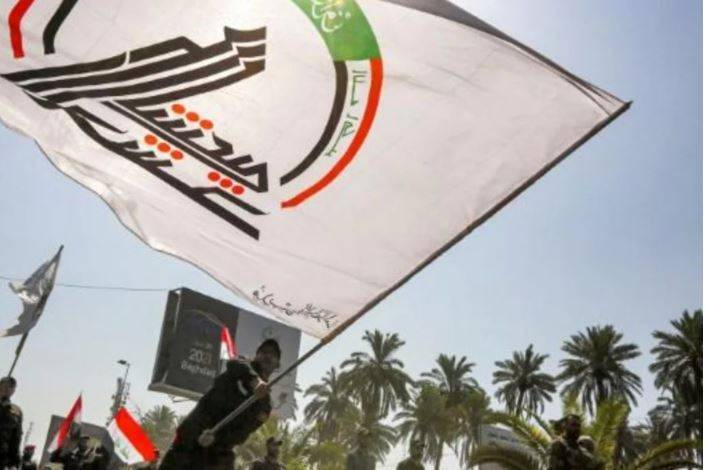The Iraqi Popular Mobilization Forces (PMF), an alliance of Shiite factions that have become part of official security forces, condemned the authorities' decision to exclude them from the arrangements for special voting in the early parliamentary elections, unlike security forces. Tens of thousands of PMF fighters are supposed to cast their votes on October 10, like any other citizen in their electoral districts, but achieving this is difficult due to their widespread presence across the country. In contrast, security forces participate in the elections through "special voting" organized on October 8, casting their votes at designated polling stations.
Ahmad al-Asadi, a member of the parliamentary faction associated with the PMF, stated in a social media post on Sunday, "Surely you have heard that your brothers in the Popular Mobilization Forces have been denied special voting and therefore cannot vote unless they leave their frontline positions and return to their areas." He urged his supporters to go out and vote in large numbers, "To compensate for the votes of our heroes who will be defending us at the frontlines, so that we can achieve our victory."
The PMF was established in 2014 to support Iraqi forces in the fight against the jihadist organization Islamic State, which at that time controlled large parts of the country. The PMF comprises 160,000 members and includes dozens of Shiite factions, most of which are loyal to Tehran. Activists opposed to the regime accuse them of being an Iranian tool in the country and of suppressing dissenting voices.
Meanwhile, the Independent High Electoral Commission clarified on Saturday that it has communicated multiple times with PMF officials to "provide them with the names of their members, place them on the special voter registry, and issue biometric voting cards," according to spokesperson Jumana al-Ghalai in a statement. She added that "the PMF has not supplied the commission with the names of their members, so the electoral commission included them in the general voting."
The special voting on October 8 includes around two million security force personnel, along with displaced persons and prisoners. More than 25 million voters have been invited to participate in the early elections on October 10, which were originally scheduled to be held in 2022.
For his part, Abu Ali al-Askari, a spokesman for the Hezbollah Brigades, one of the most influential PMF factions, stated in a statement on Saturday that "the denial of the PMF fighters' access to special voting in the upcoming elections is an attack on this sacrificing group and a deprivation of their right to choose who represents them and protects them from those seeking to weaken their power and seize their victories." The majority of PMF factions have a political bloc participating in the legislative elections, with the political group linked to them currently holding 48 seats out of 329 in parliament. They entered parliament for the first time in 2018, fueled by the victories achieved against the Islamic State organization.




